Global

Watch: Testimonial on CommercialCafe connected tenant services
If your company has struggled to provide excellent service to tenants around the clock, it’s not a matter of increasing your staff and extending your office hours. Rather, it might be time to evaluate your technology solutions. That’s where our CommercialCafe connected tenant services come in. Just ask Big V Property Group (Big V). A […]
04 / 23 / 25
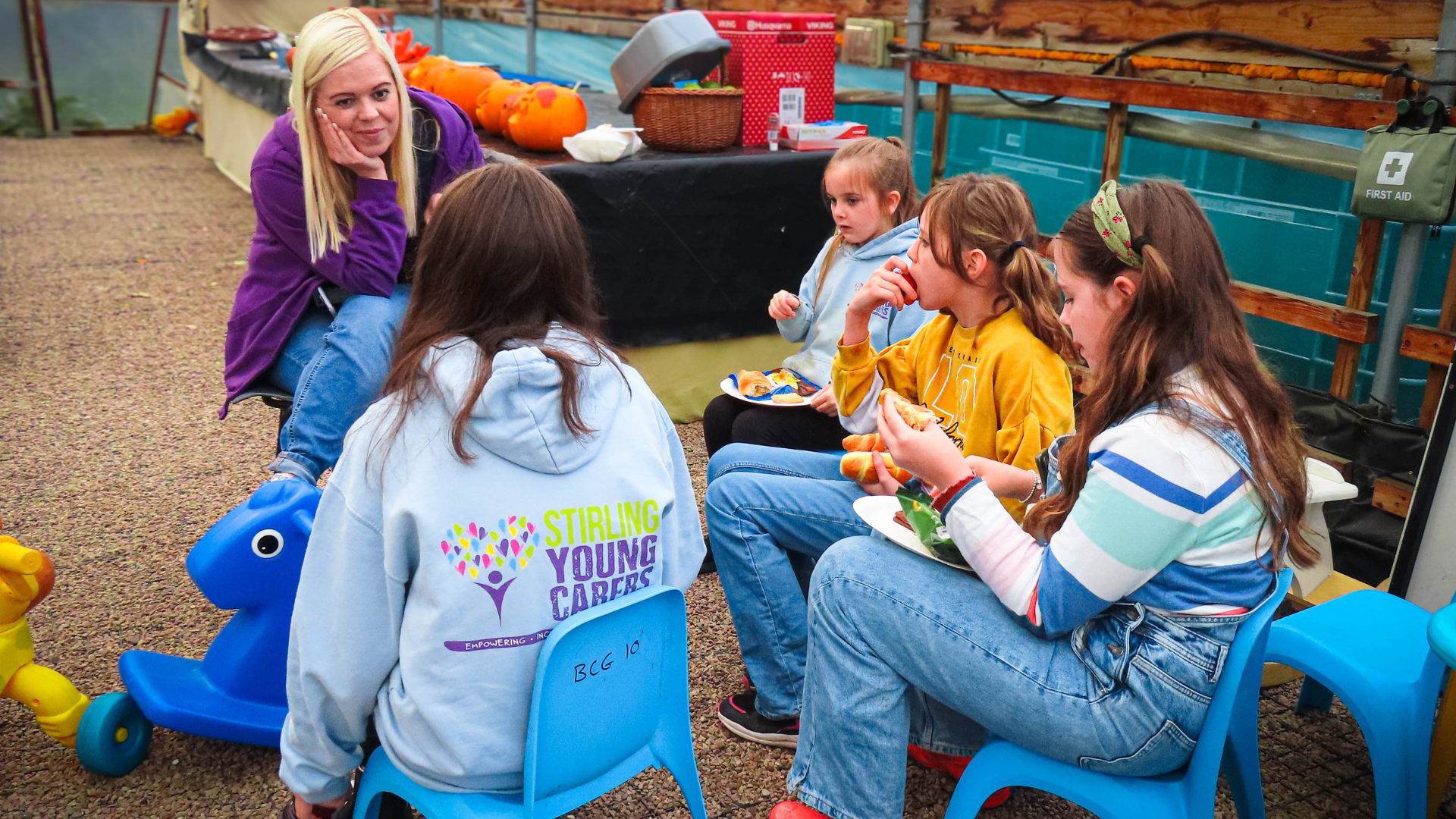
Stirling Carers Centre
Being a caregiver is a long-term commitment that can significantly impact carers’ health and finances. In such challenging times, the Stirling Carers Centre, supported by Yardi, provides much-needed relief to unpaid carers. Stirling Carers Centre was established in 1992 in Stirling, Scotland and provides free and confidential support to local unpaid carers. Unpaid carers are […]
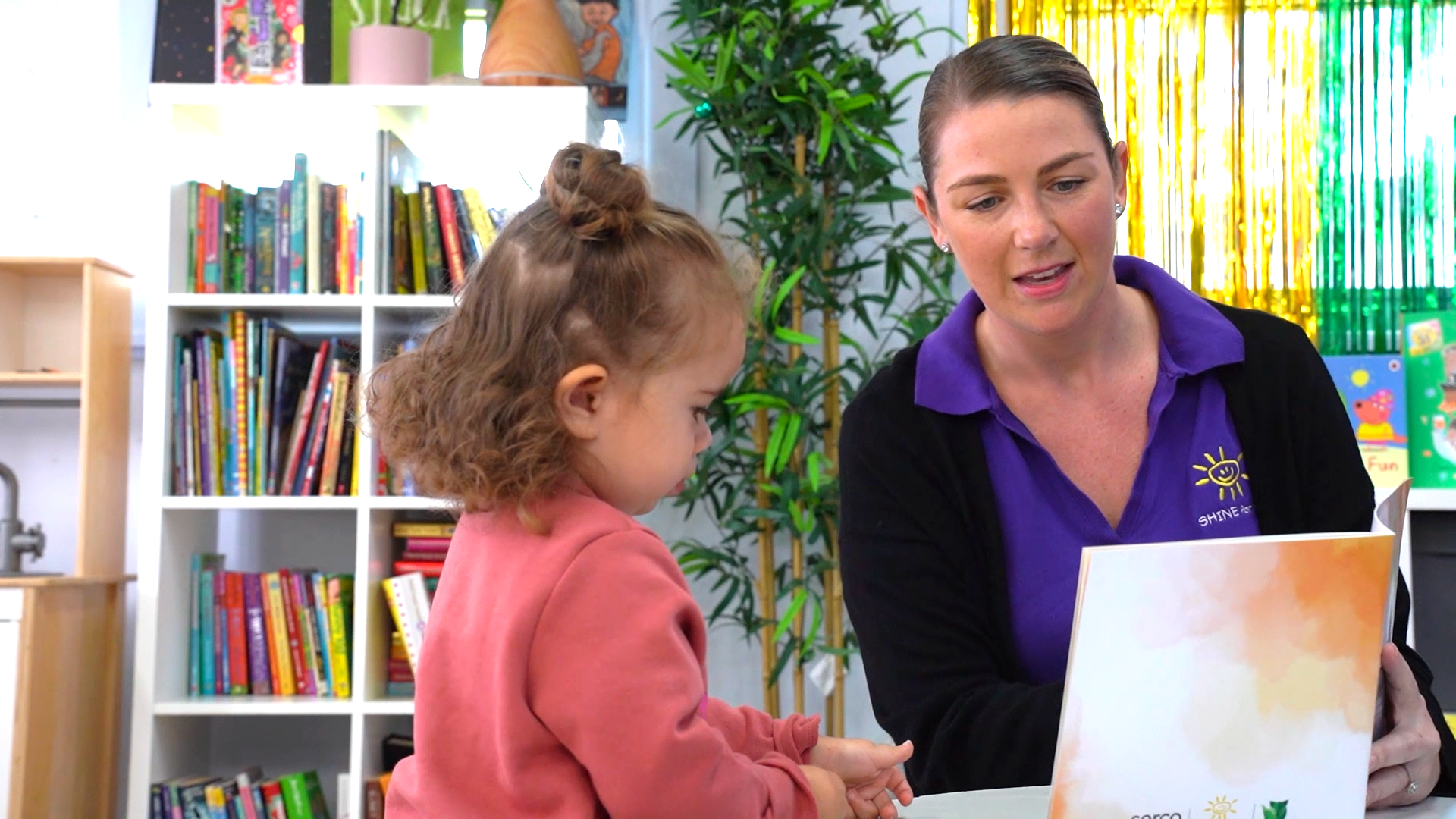
SHINE for Kids
Did you know that there are over 44,000 children in Australia with a parent in prison? Children with a parent in prison are some of the most vulnerable in our society, often facing stigma, isolation, and limited opportunities. That’s where this Yardi-supported nonprofit steps in and supports children to give them a chance to shine. […]
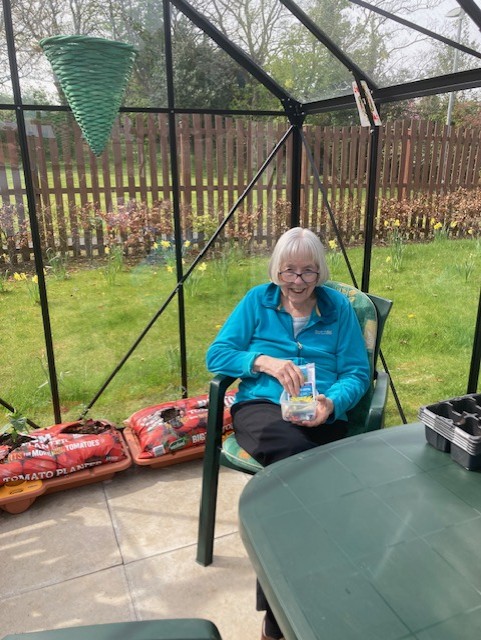
Forth Valley Giving
Forth Valley Giving, also known as NHS Forth Valley Endowments Funds, is a Yardi-supported nonprofit in Stirling, Scotland, established in 2004. Its primary focus is to secure donations for services, activities and amenities that complement the core work of NHS Forth Valley and enrich patient experiences. All donations are held separately from the money used […]

2024 Yardi Office Celebrations
Yardi offices worldwide came together this month for fun-filled celebrations, bringing laughter, comfort, and joy to all. It was a time to relax, unwind, and enjoy the good times and successes of the year. Here’s a look at a few joyous moments we shared. Atlanta, GA had its holiday party at Truist Park, home of […]
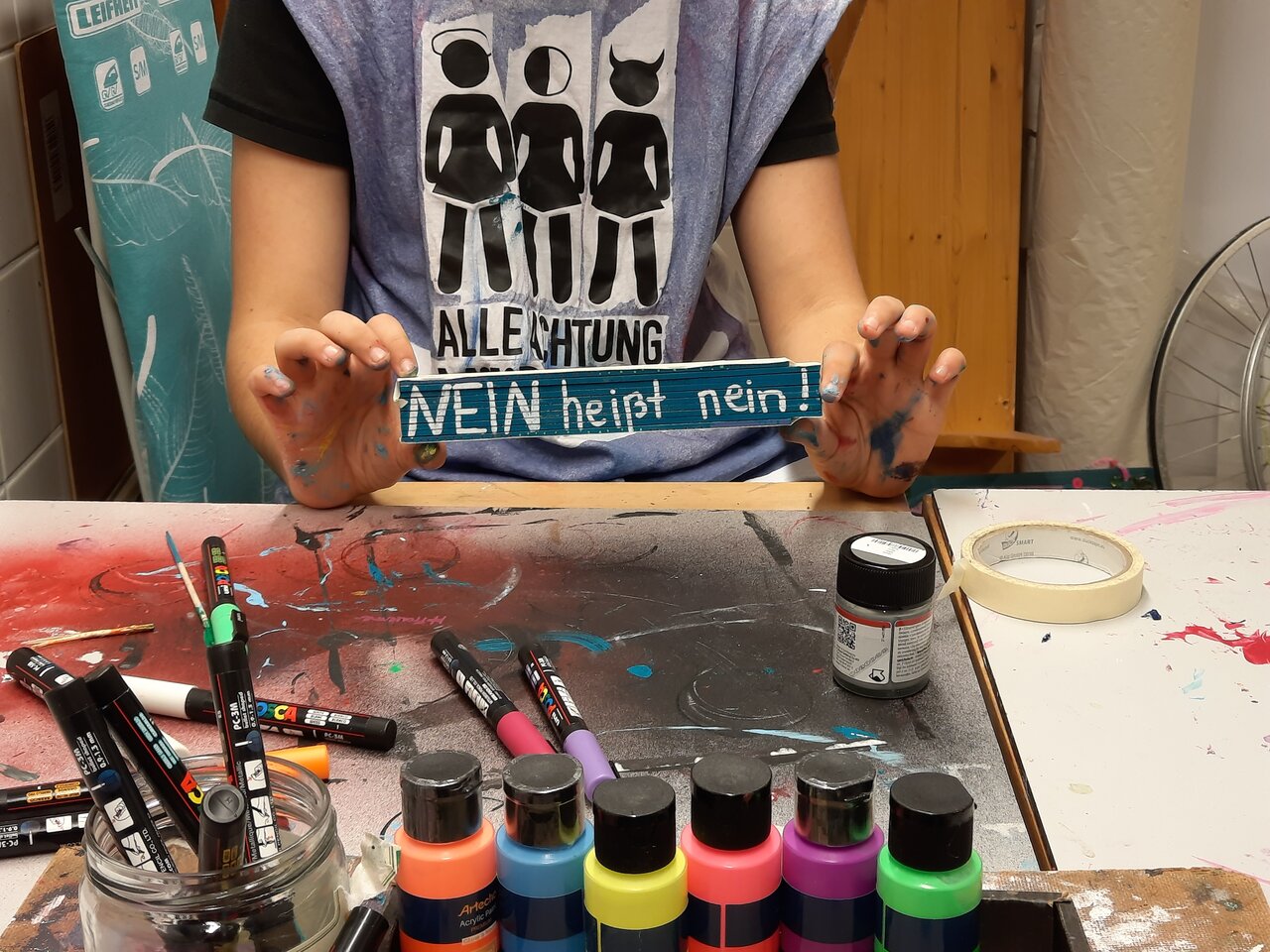
Mädchenhaus Oldenburg e.V.
Mädchenhaus Oldenburg e.V. is a Yardi-supported NGO established in 1991 in Oldenburg (Oldb), Germany, that supports young girls to young adult women and engages in open youth work. Its work is crucial to challenge gender norms and raise awareness among girls and young women, empowering them. The organization is working on upgrades in digitalization and AI and […]

Médecins Sans Frontières
Yardi-supported nonprofit Médecins Sans Frontières (MSF) was established in 1971 with headquarters around the EU, including Paris, Barcelona, Athens, Brussels, Amsterdam and Geneva. The organization provides medical assistance to people affected by conflict, epidemics, disasters or exclusions from healthcare. Its teams comprise thousands of health professionals, logistics, and administrative staff, most of whom are hired locally. Medical […]

Romanian Maltese Relief Organization
The Romanian Maltese Relief Organization is a Yardi-supported non-governmental association that, during its 33 years of activity, has contributed to changing the destinies of thousands of people in difficulty. This organization was founded in 1991 in Cluj-Napoca, Romania and is defending the faith and helping those in need by continuing to be involved in the […]
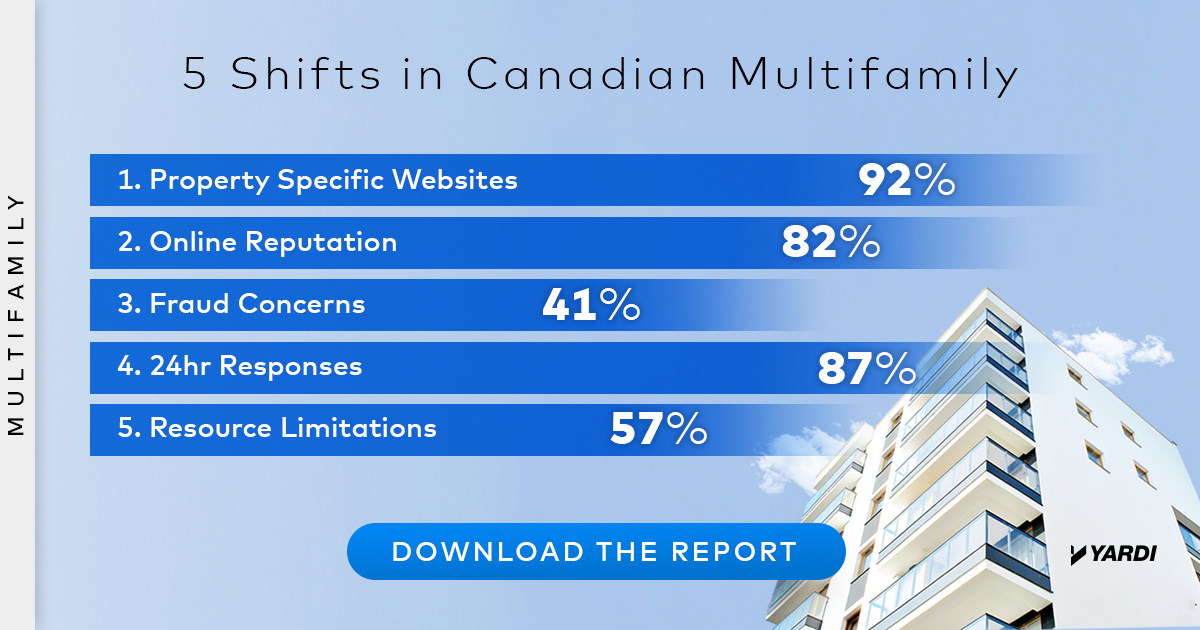
Canadian rental market analysis
The Canadian multifamily rental market is undergoing a revolution. To make informed decisions, staying updated on the latest trends and preferences is crucial. Unfortunately, most of our current industry data is outdated and limited, which can hinder effective planning and management for housing providers. This is why new, comprehensive data like the 2023/2024 Canadian Multi-Residential […]
07 / 18 / 24

Commercial Briefing Montréal
Yardi Canada recently hosted its inaugural Executive Commercial Briefing at the W Montréal Hotel, setting the stage for an evening of insightful discussions and networking. This event left attendees inspired and eager for more conversations with industry experts. Keep reading to learn what you can expect at our future executive briefing. A platform for industry […]
06 / 20 / 24
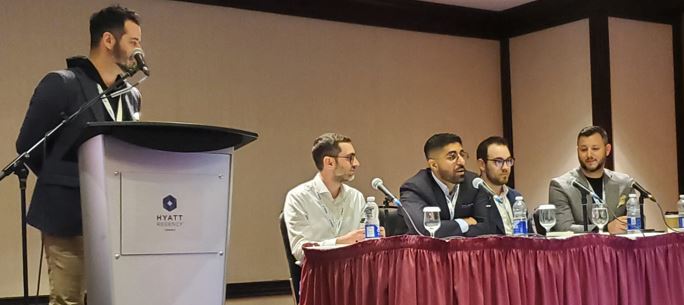
CFAA 2024 Recap
The Canadian Federation of Apartment Associations (CFAA) hosted its annual conference in May located in Toronto. This year’s theme, “Building Communities Together,” highlighted the urgent need for collaboration and innovation in the multifamily housing sector. As the industry grapples with longstanding status quo and historically low vacancy rates, stronger partnerships are essential to address Canada’s […]
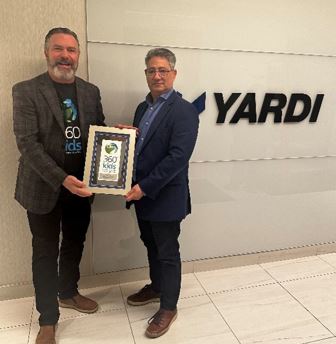
Supporting 360°kids
At Yardi Canada Ltd., our commitment to giving back to the community is a core value that drives our actions and decisions. Since 2019, we have been proud supporters of 360°kids, a nonprofit organization dedicated to helping youth in York Region who are experiencing crises in their lives. About 360°kids 360°kids is a crucial lifeline […]
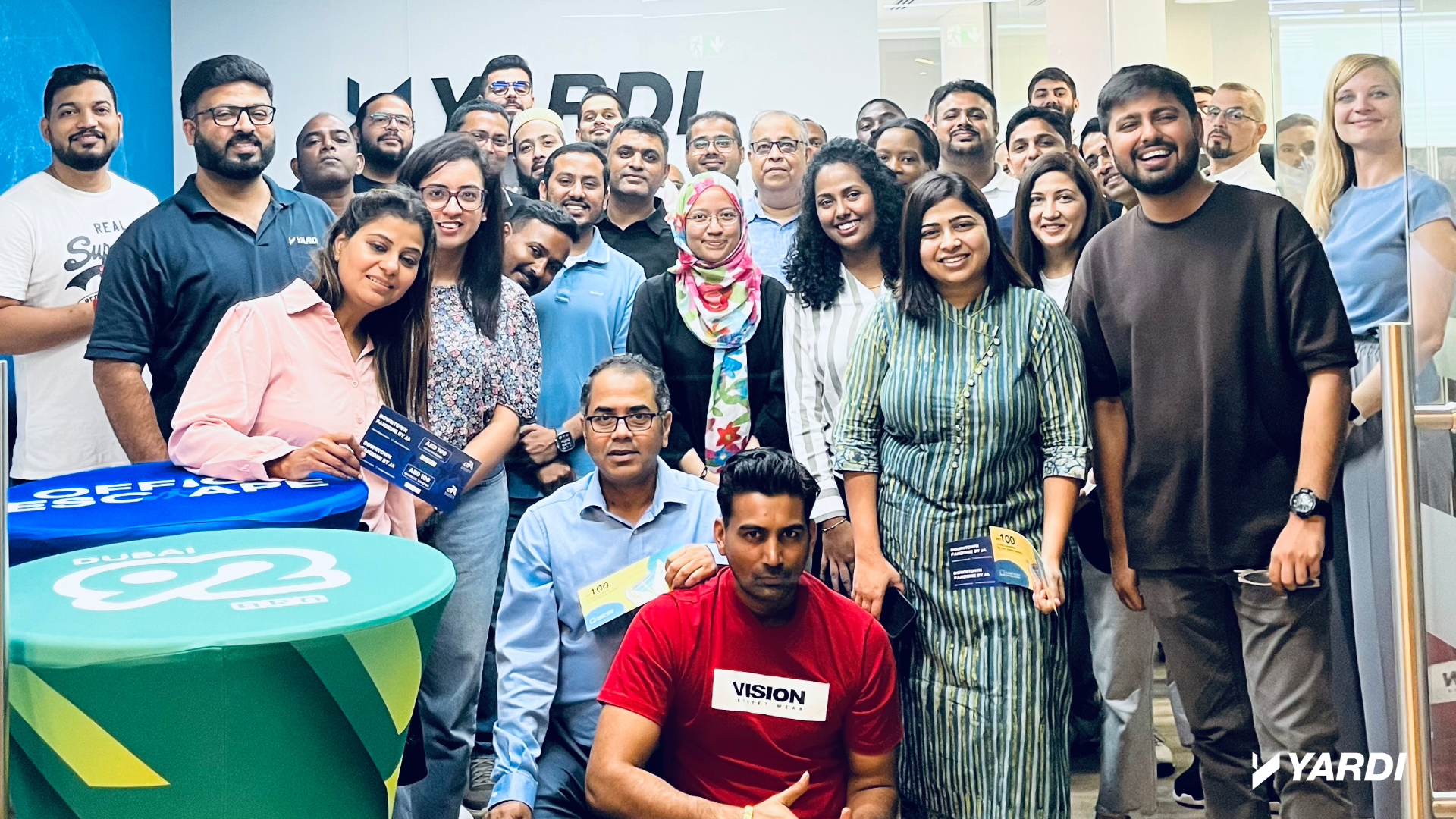
Dubai92 Radio
Team Yardi Dubai was one of the lucky winners of the Dubai 92 radio Office Escape this summer, earning a visit from staffers for the UAE’s Feel Great radio station. The team enjoyed hilarious moments with Dubai 92’s famous radio presenters during an hour of entertainment and friendly competition for prizes. It was the perfect […]
06 / 12 / 24
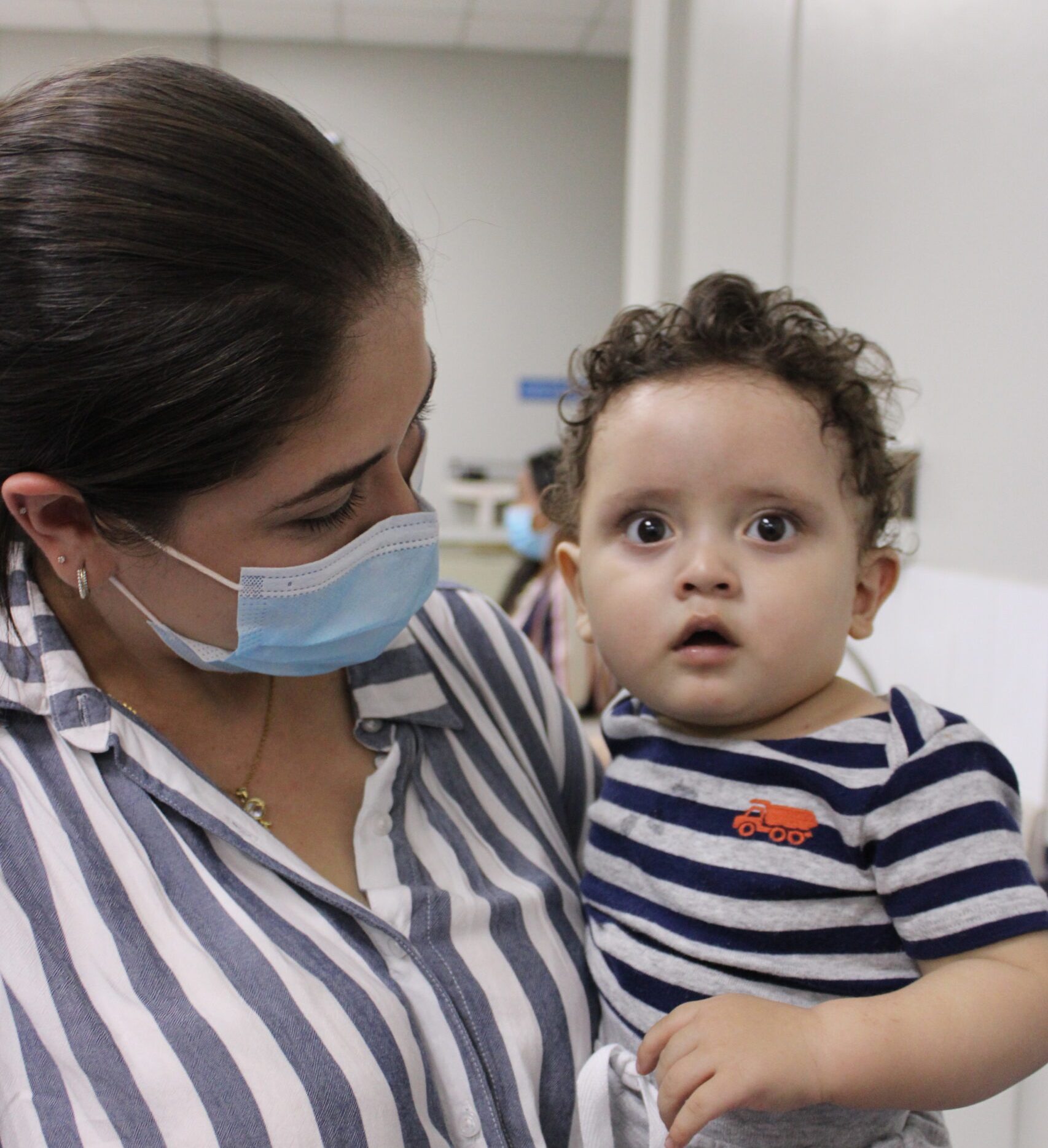
Kinderherzen e.V.
Kinderherzen e.V. is an international organization that excels at research, advocacy, and education. This Yardi Germany-supported nonprofit, founded in 1989 in Bonn, aims to significantly improve the treatment options for children, adolescents, and adults with congenital heart defects worldwide. Conducting research around 20 locations throughout Germany, Kinderherzen develops the latest standards in cardiac medicine. This […]

Yuppi Camping
Yardi strives to illuminate the efforts and results of philanthropic organizations that drive positive change in communities worldwide. Each of our offices selects several non-profits or NGOs to receive financial contributions each year. Yuppi Camping Motion Association is a local organization dedicated to offering effective recreational therapy to children with chronic illnesses in Cluj-Napoca, Romania, […]
ENERGIZED FOR TOMORROW
We’re here to help
Do more with innovative Property Management Software and services for any size business, in every real estate market.